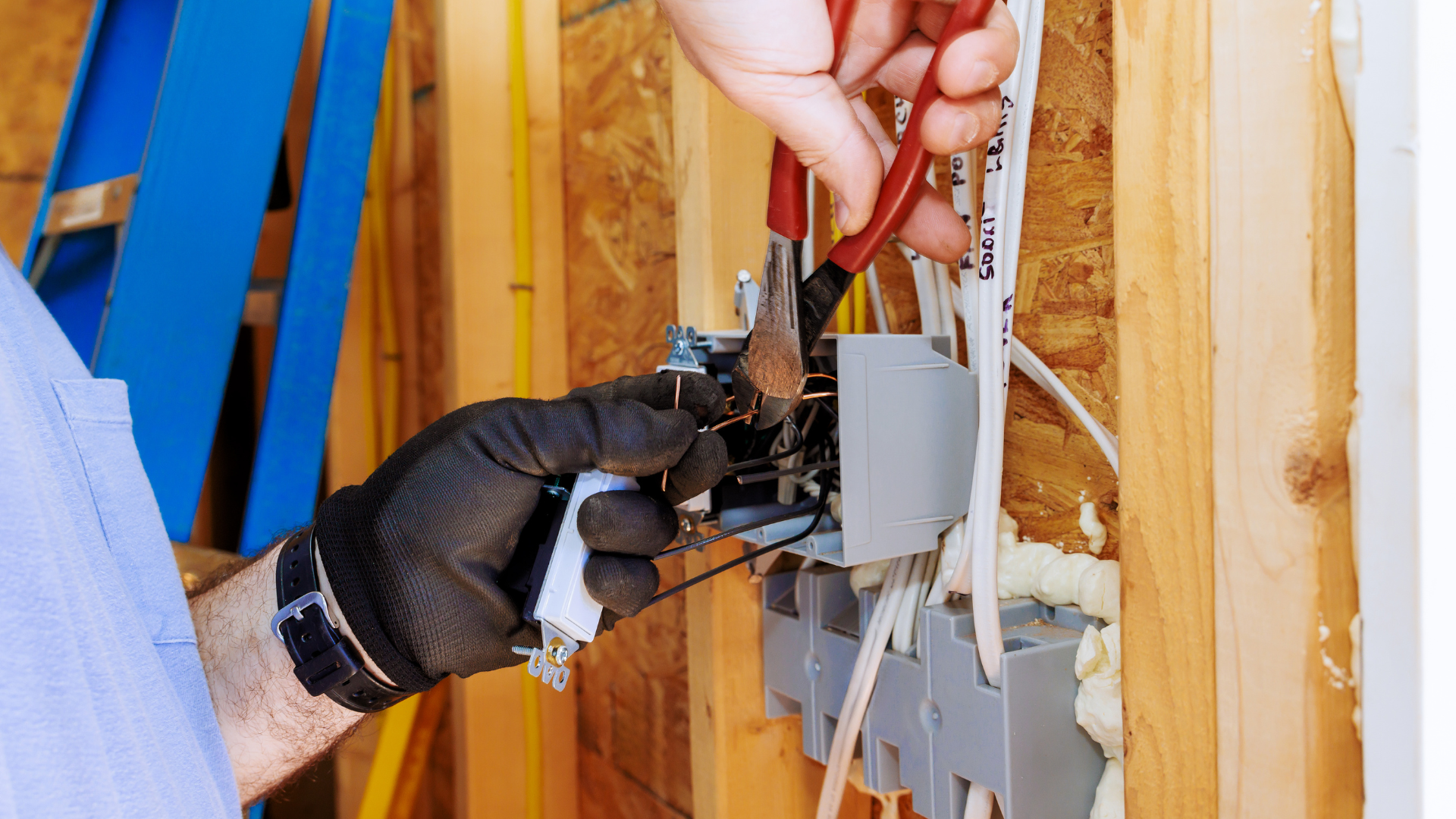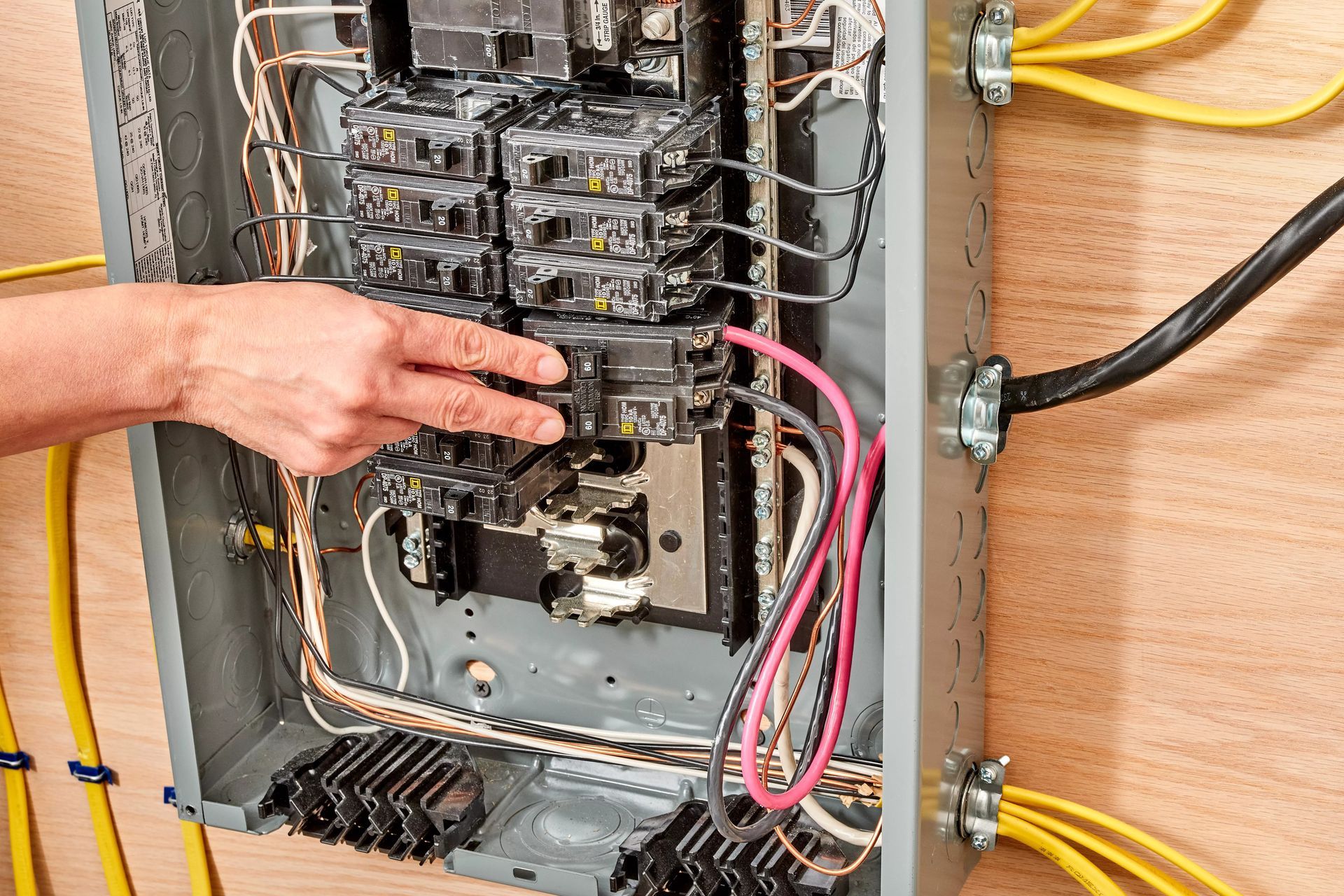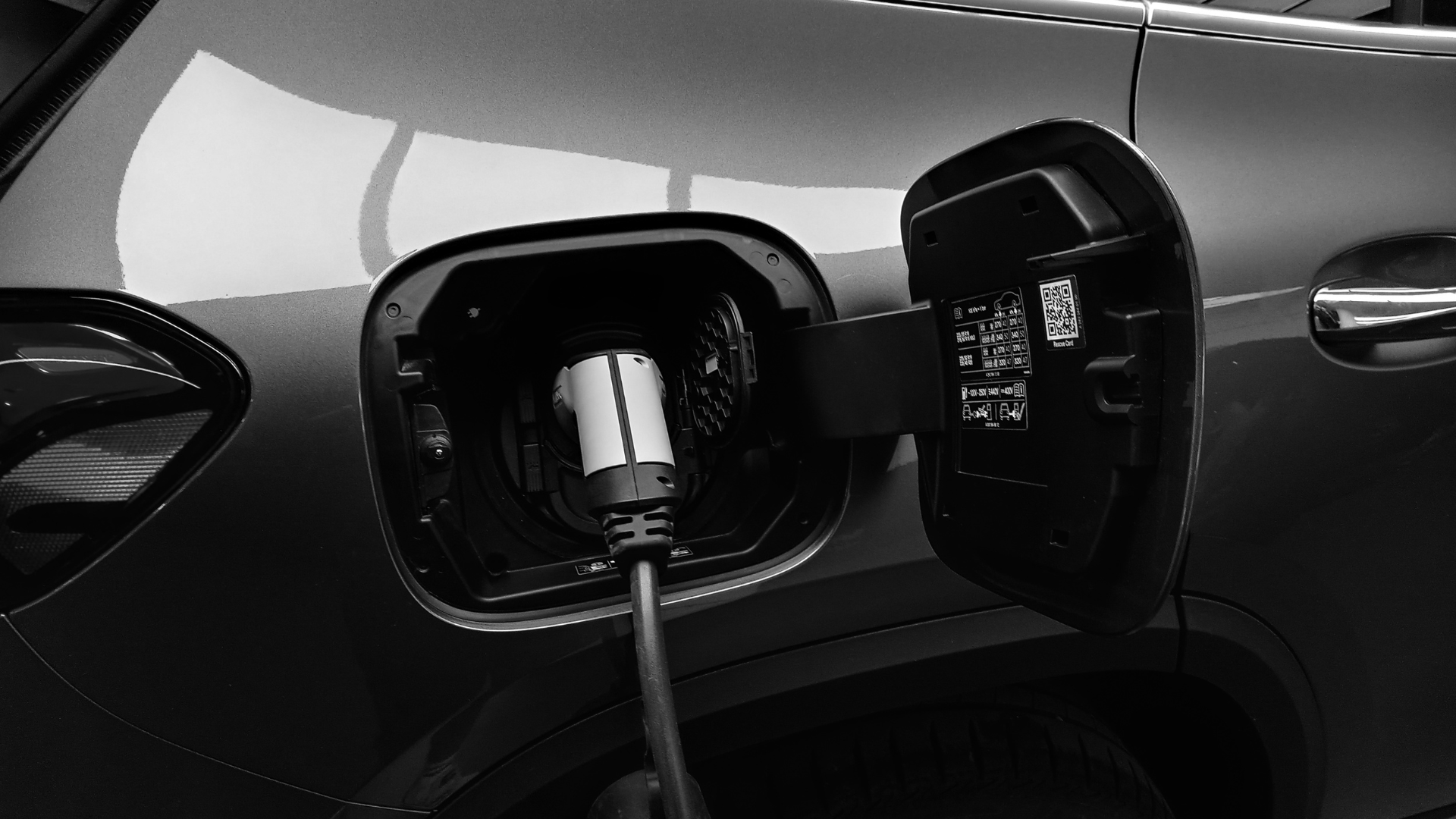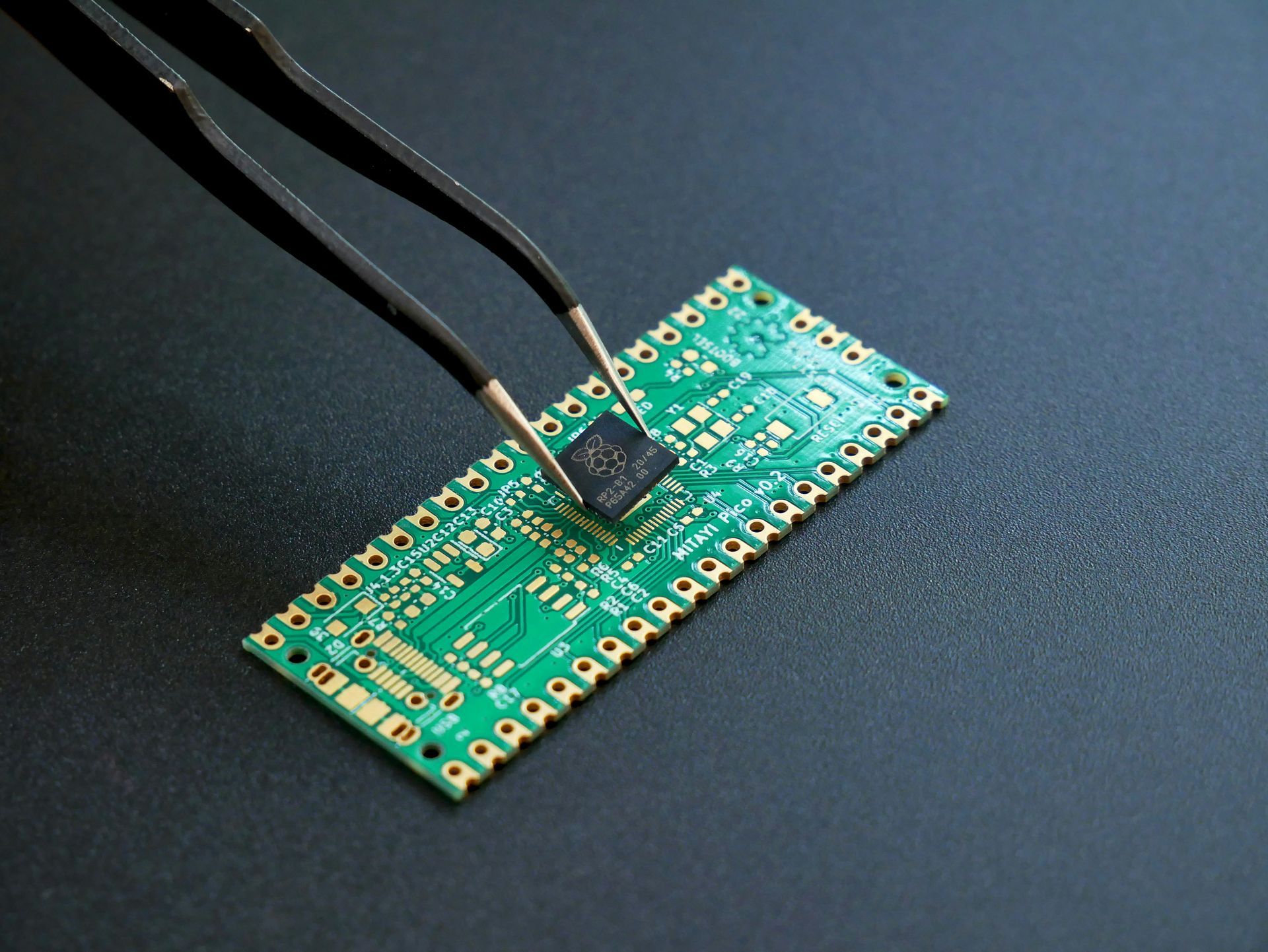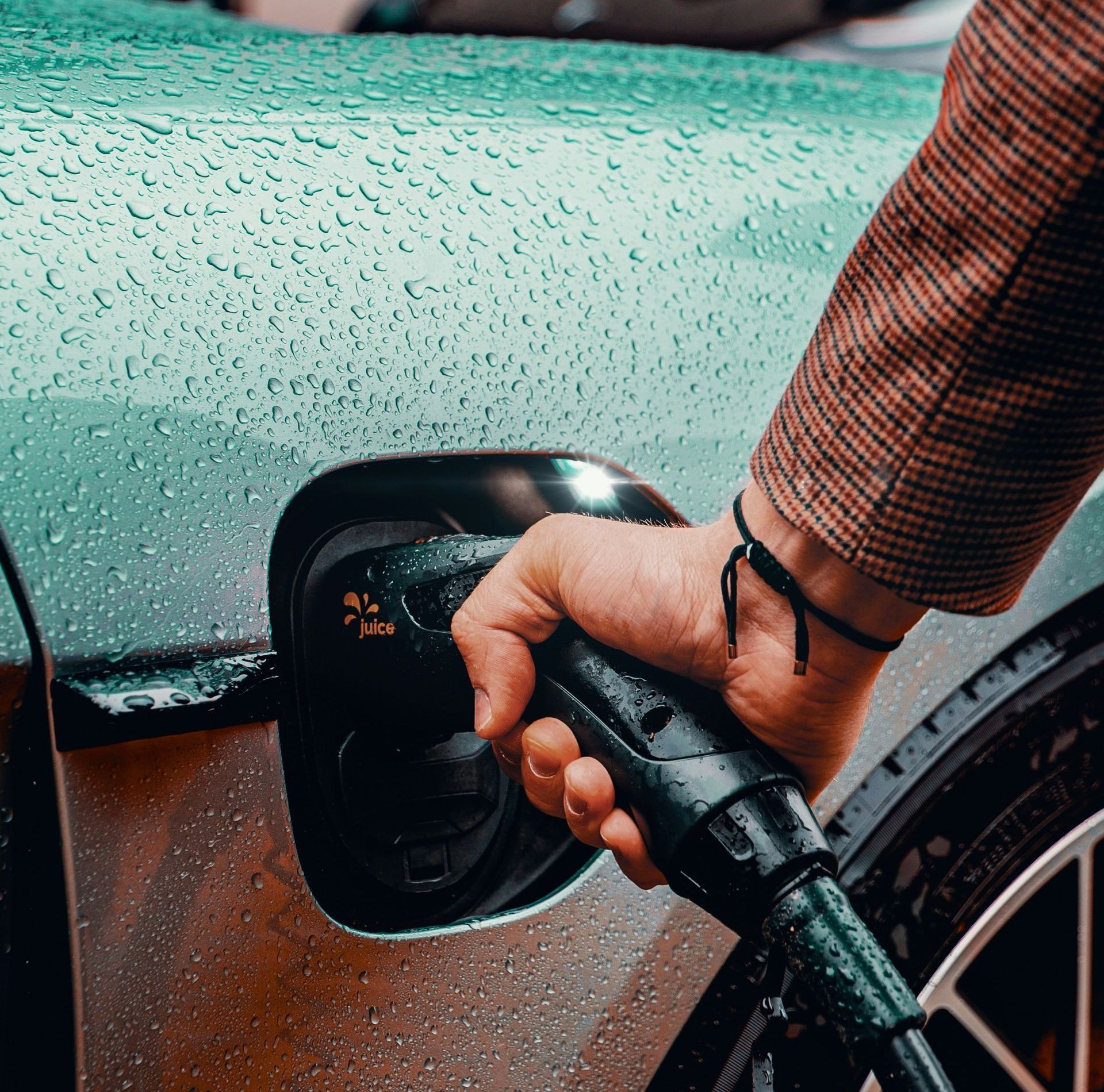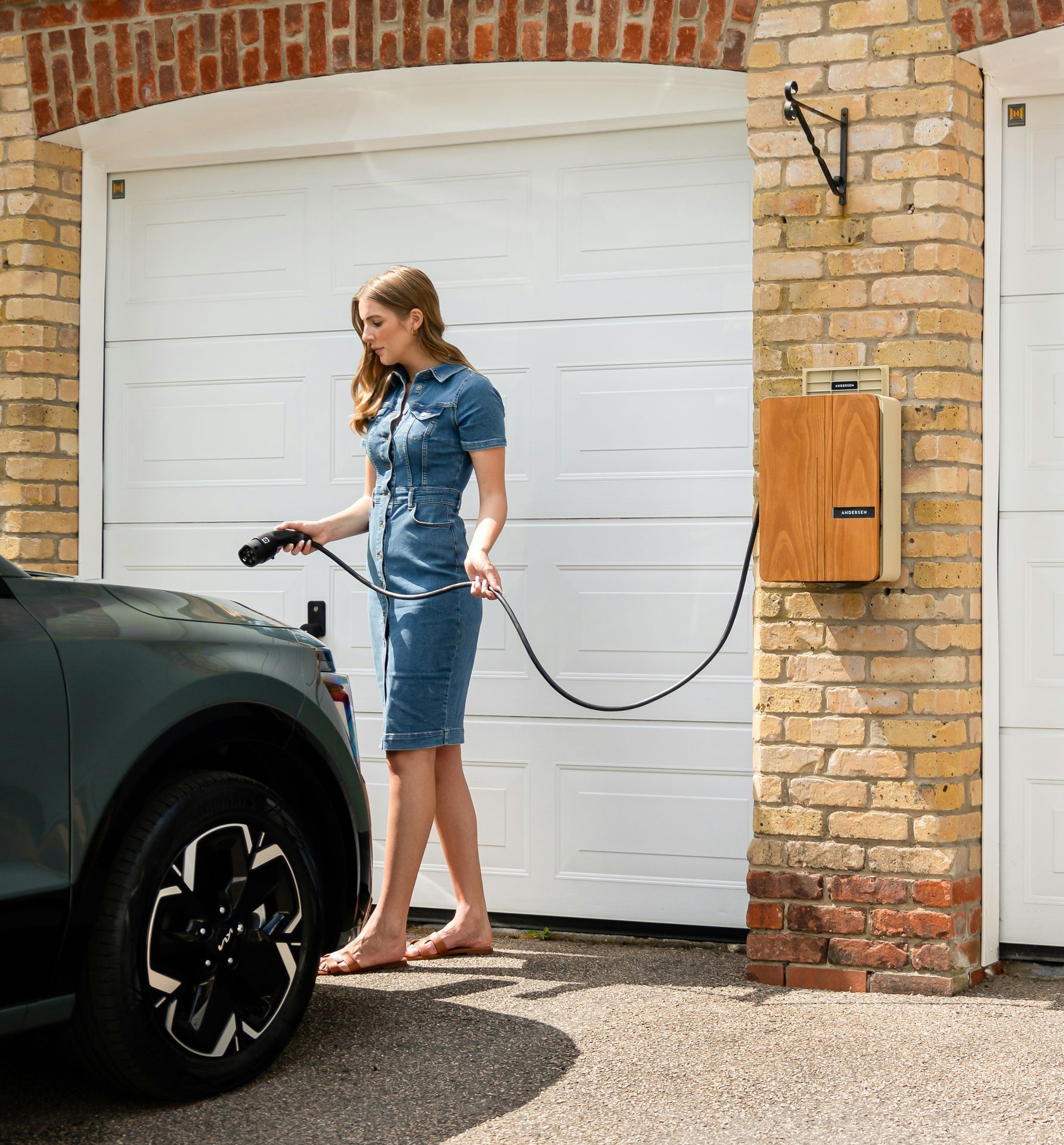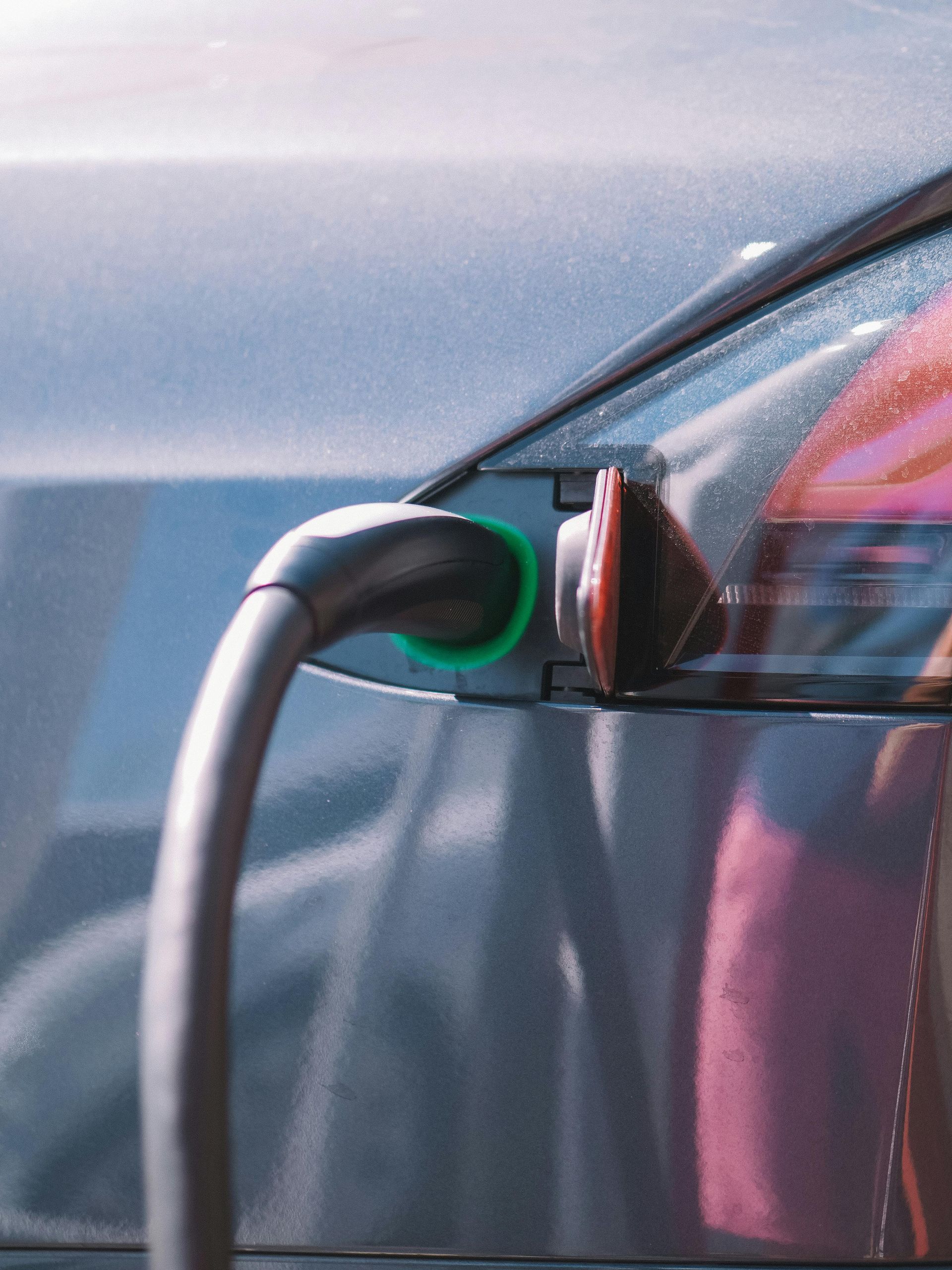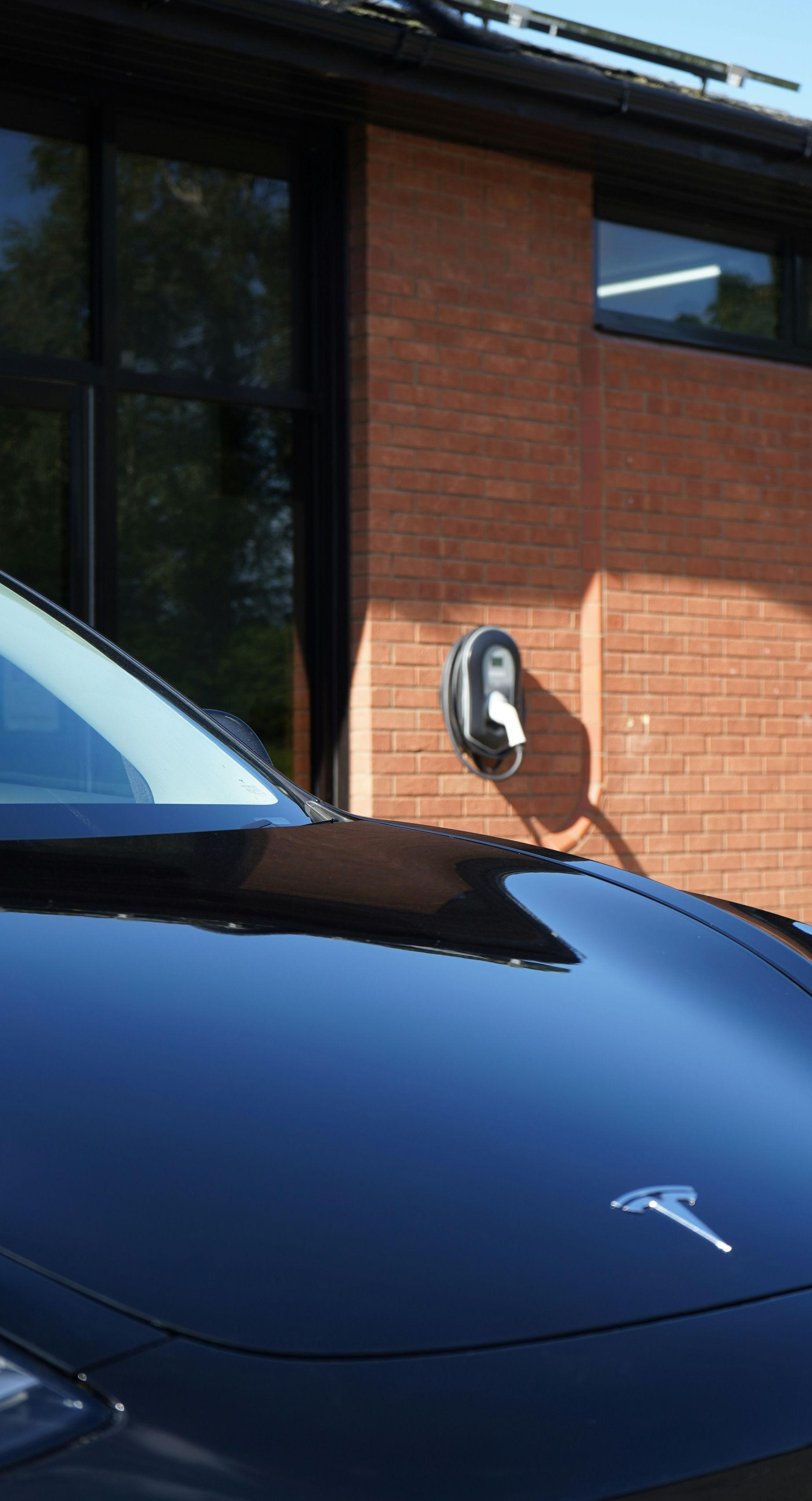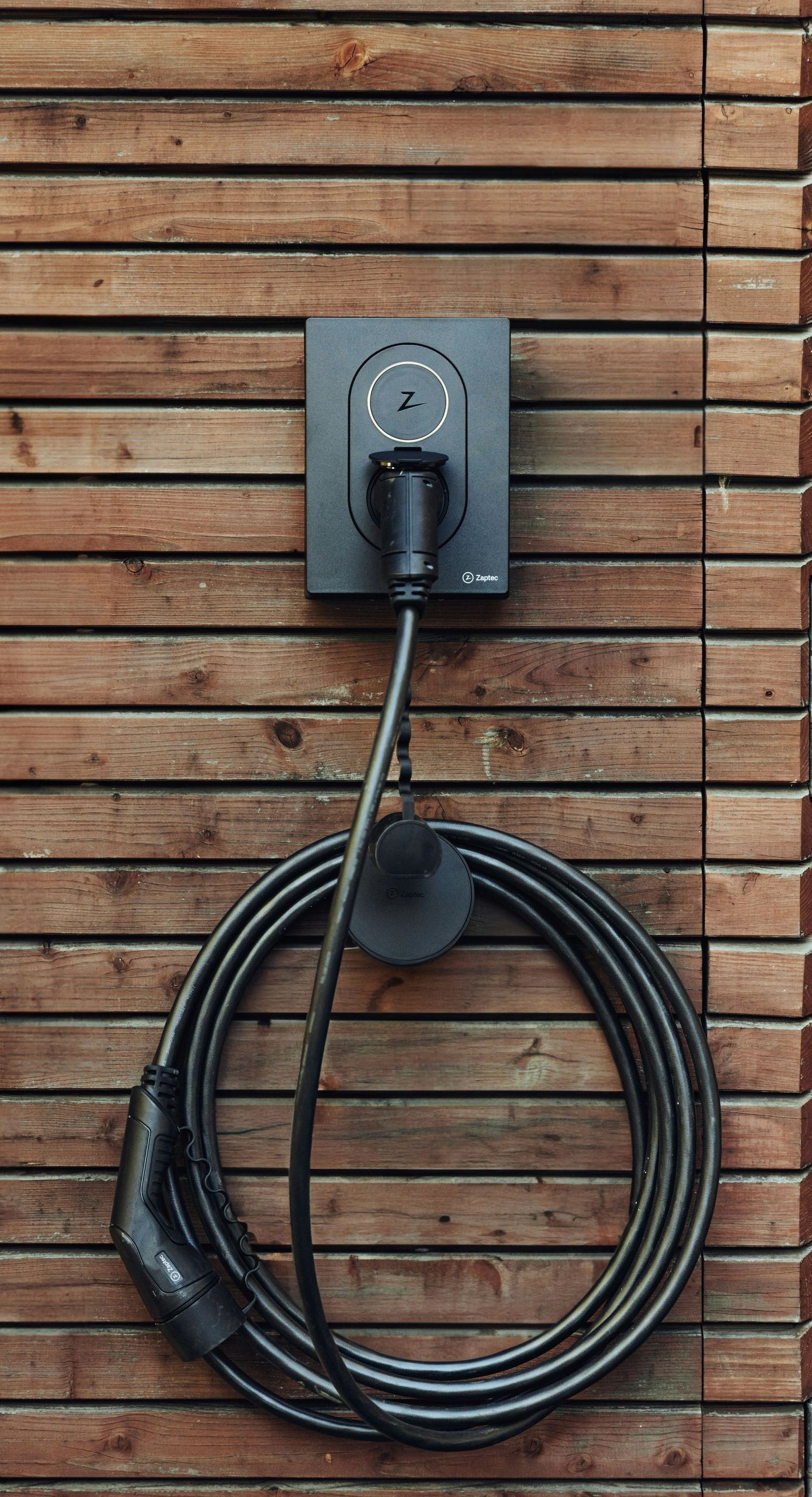What to Know Before Installing a Home EV Charger in Southern California
Bringing EV Charging Home
Electric vehicles (EVs) are becoming a common sight on California roads, and with good reason. Between state incentives, high gas prices, and a push toward cleaner energy, more Southern Californians are choosing electric. But one critical step in EV ownership is often overlooked: installing a home charger.
If you’re thinking about bringing your vehicle charging station home, here’s what you need to know before you get started and why professional installation by a licensed electrician like ESD Electric is essential.
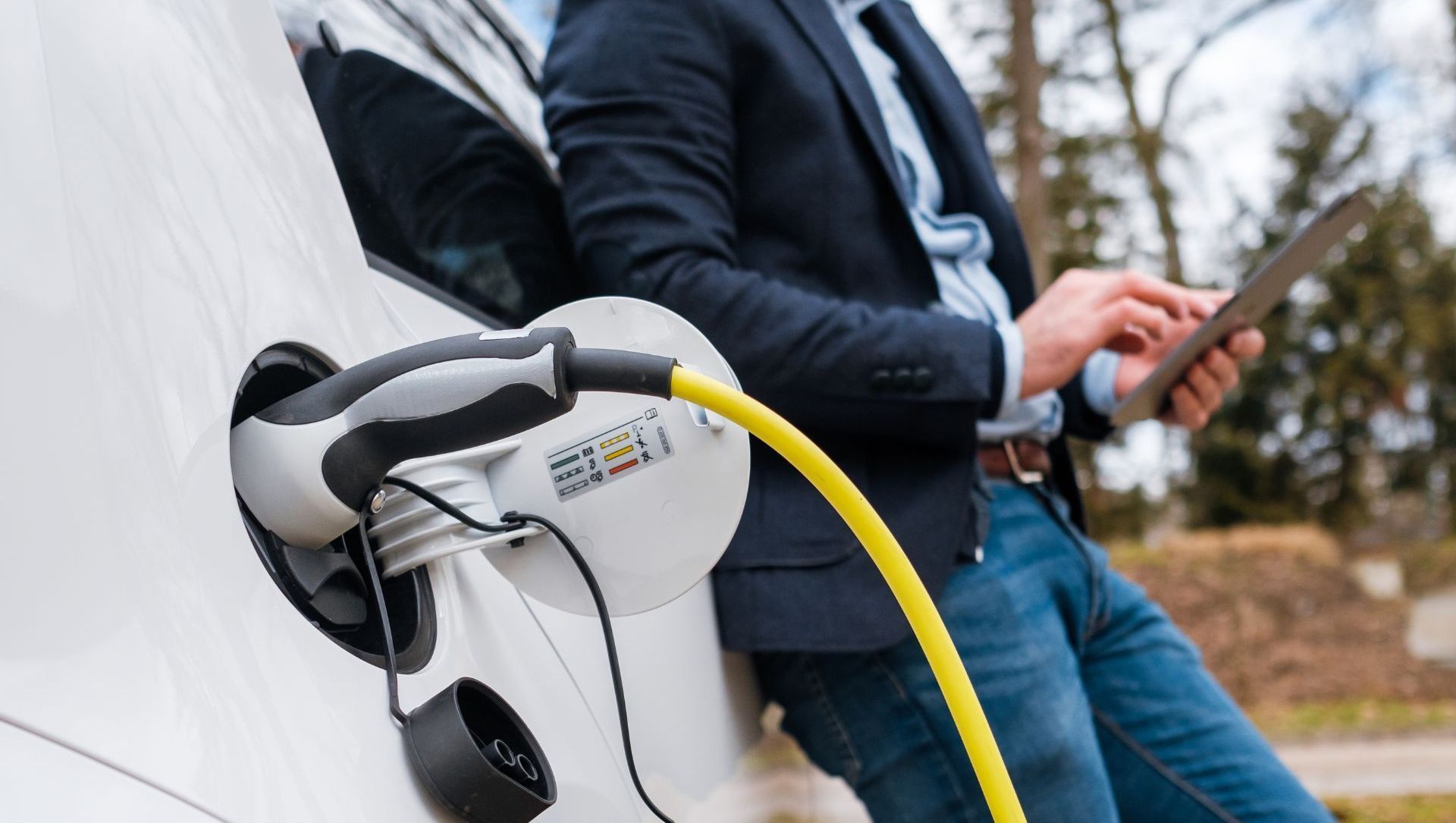
Why Home Charging Is a Must in California
Public charging stations are helpful in a pinch, but they’re not always available when you need them. In a region where many drivers rely on daily commutes and want to avoid the hassle of waiting in line, installing a Level 2 charger at home offers speed, convenience, and long-term savings.
Level 2 chargers are significantly faster than standard 120V wall outlets (Level 1). They typically require a dedicated
240V circuit, similar to what you’d use for a dryer or oven. That means most homes will need at least some electrical work to accommodate a proper charging setup.
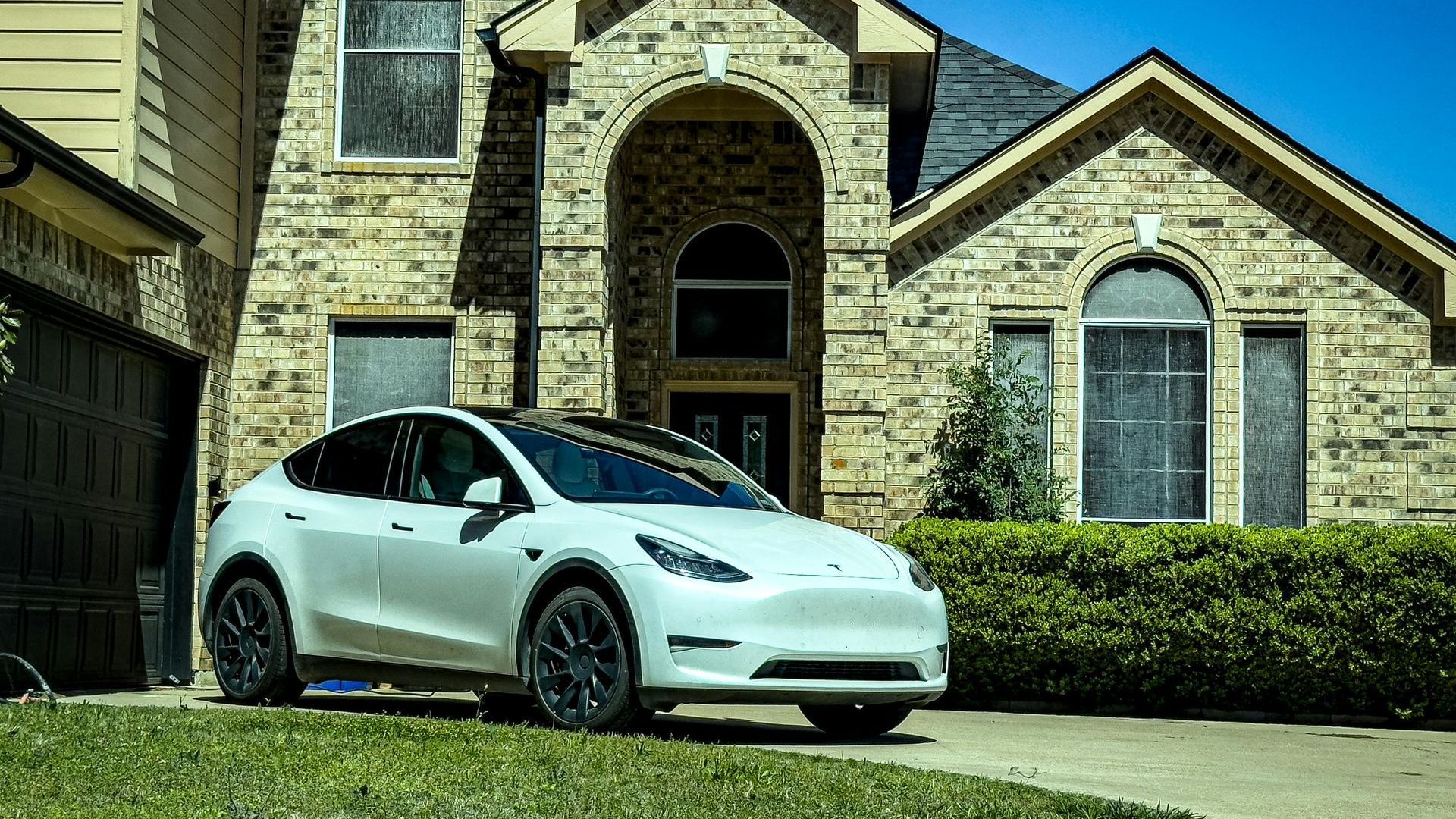
Do You Need an Electrical Panel Upgrade?
Before installation, one of the first things a licensed electrician will check is your panel’s capacity. Many older homes in Southern California were not designed to handle the energy demand of modern devices and appliances, let alone an EV charger.
If your panel is already near its limit, you may need a panel upgrade to safely install a charger. This is especially true for households adding other high-demand systems like solar panels, HVAC upgrades, or electric water heaters.
At ESD Electric, we evaluate your existing setup to determine whether an upgrade is needed and recommend solutions that will support not only your EV charger but your home’s overall electrical load.
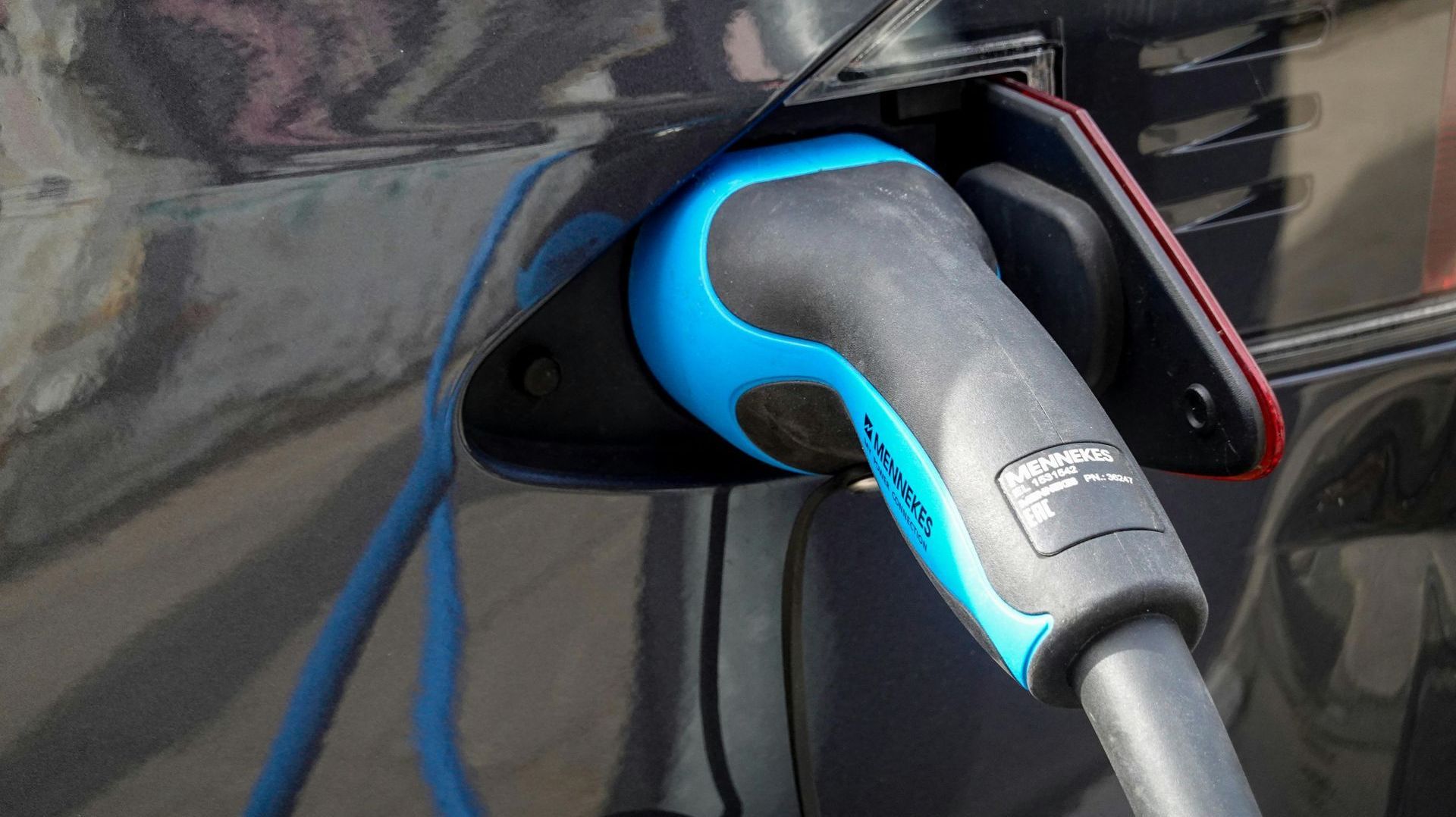
Know Your EV’s Charging Requirements
Different electric vehicles have different charging capabilities. Some models can charge faster with higher amperage, while others work fine on more modest setups. Knowing your vehicle’s specific requirements helps determine what type of charger is best suited for your home.
Whether you’re driving a Tesla, a Ford Lightning, or a Chevy Bolt, we help you choose and install the right charger that matches your car’s needs while maintaining code compliance and energy efficiency.
Permits and Local Codes
Southern California municipalities generally require permits for EV charger installations. Depending on your city or county, there may be additional requirements related to energy usage, fire safety, or grid management.
ESD Electric handles permitting and ensures that your installation meets all local building codes and utility guidelines. We also make sure everything is ready for inspection, so there are no surprises later on.
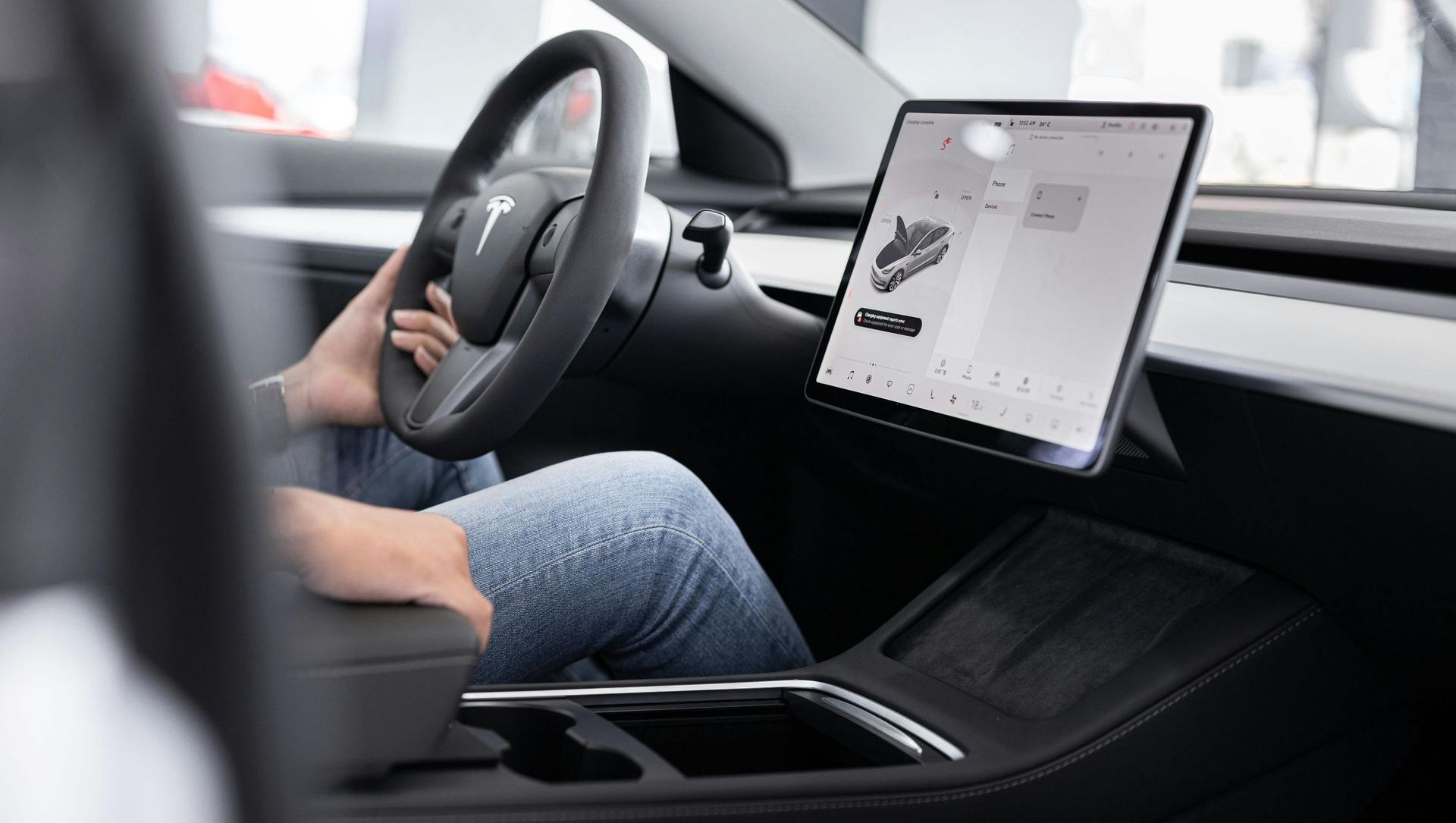
Why You Should Hire a Licensed Electrician
EV charger installation involves more than just mounting a unit to your garage wall. It includes load calculations, conduit installation, grounding, GFCI protection, and proper breaker sizing. Mistakes can lead to power issues, equipment damage, or even fire hazards.
Working with a licensed electrician ensures the job is done right the first time. At ESD Electric, our team has experience installing chargers for all major EV brands across Southern California. We know the regional codes, utility requirements, and the unique electrical challenges that come with older homes and new builds alike.
Ready to Power Up?
If you’re ready to take the next step in EV ownership, installing a home charger is one of the smartest upgrades you can make. It adds convenience, boosts your home’s value, and ensures your vehicle is always ready to roll.
Contact ESD Electric today to schedule an evaluation. We’ll help you navigate every step of the process, from planning and permits to installation and inspection so you can charge with confidence.
